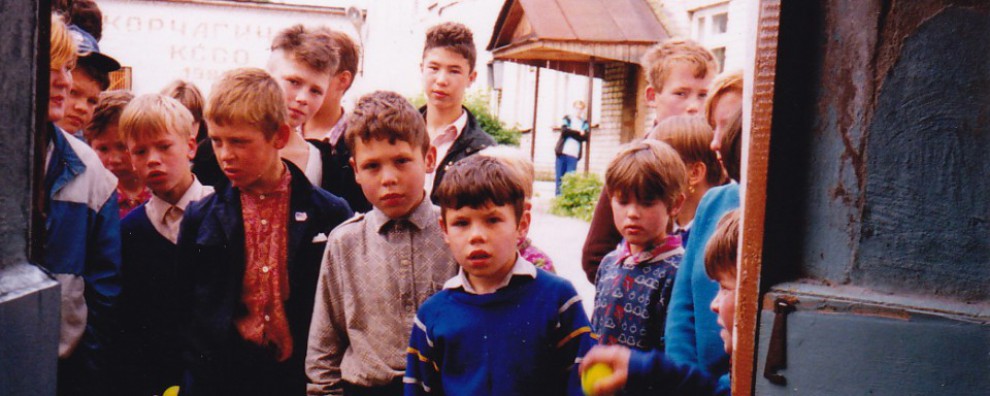This week’s Text is a lesson plan on the Crime and Puzzlement case “The Big Bang.” This lesson opens with this Cultural Literacy worksheet on dogma: it’s a half-page document with a two-sentence reading and two comprehension questions. This is one of the better of these things I’ve produced over the years–it’s strength is clearly in its economy. Two sentences, it turns out, is all the subject needs if the writer is sufficiently concise.
You’ll need this PDF of the illustration and questions to use as evidence to investigate the offense against good order the case represents. To bring the alleged misdemeanant or felon to justice, you and your students will also need this typescript of the answer key.
That’s it. And by “that’s it,” I mean that this is the last of these lessons I have to publish here. That also means that there are 72 Crime and Puzzlement lessons on this blog now. Help yourself!
If you find typos in these documents, I would appreciate a notification. And, as always, if you find this material useful in your practice, I would be grateful to hear what you think of it. I seek your peer review.

You must be logged in to post a comment.